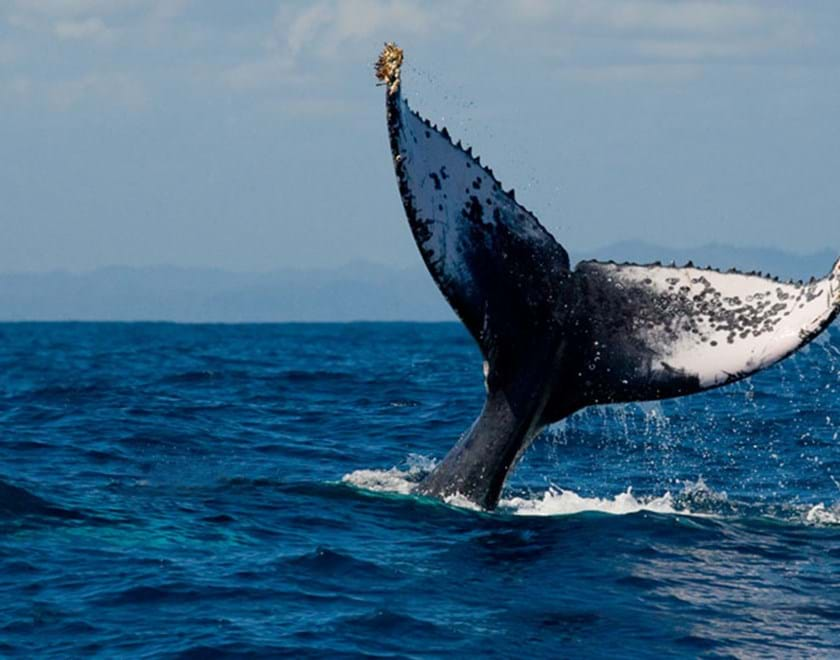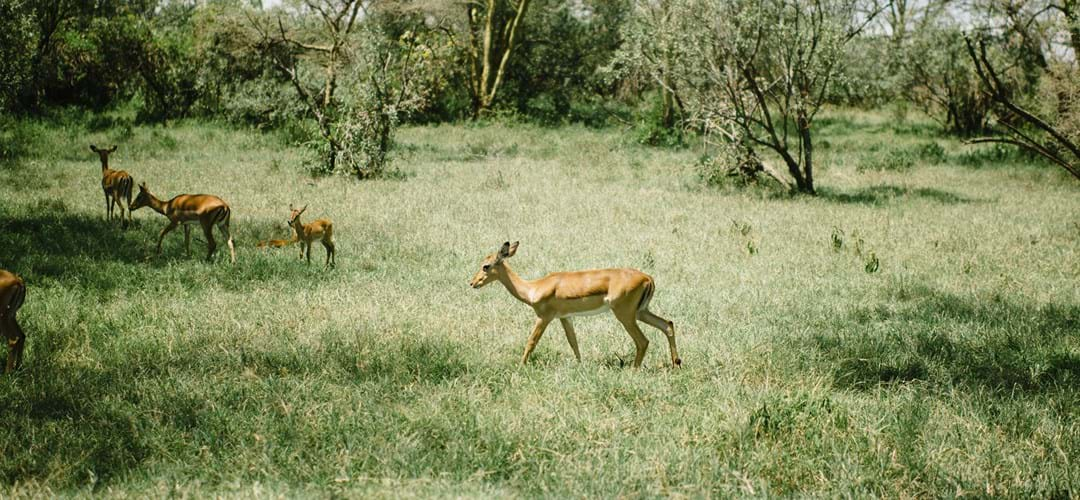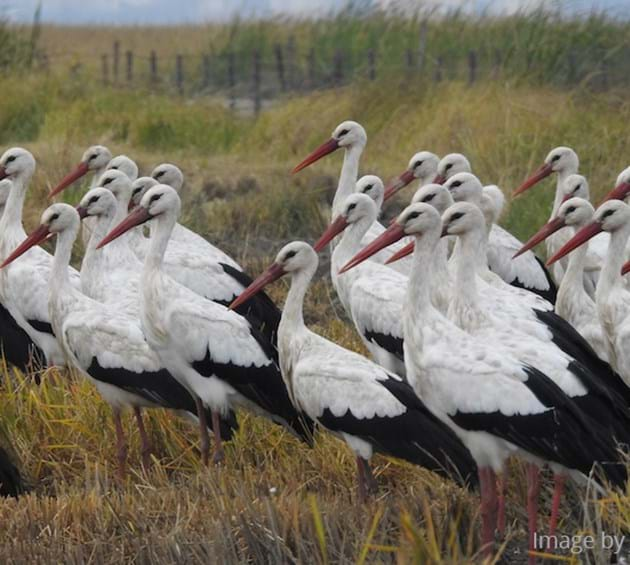Defending Wildlife & Habitats
Our survival depends on our incredible natural world. We are using the power of the law to stop damage to our ocean, forests and wildlife so that nature is able to thrive.

Our survival depends on our incredible natural world. We are using the power of the law to stop damage to our ocean, forests and wildlife so that nature is able to thrive.

Pollution, climate change, agriculture and industry growth are all putting a strain on global biodiversity, causing species populations to decline and the health of ecosystems to suffer. The ongoing disappearance of natural habitats is not only a threat to wildlife, but to the welfare – and survival – of humanity.
We work to protect and rehabilitate natural habitats and species by strengthening laws and making sure they are properly enforced. We focus on defending important nature sites and combating pesticide misuse. We prompted an historic ruling from the European Court of Justice, stopping illegal logging plans by the Polish government. We pioneered the Sustainable Seafood Coalition (SSC), uniting UK retailers in sourcing and labelling codes for seafood.

We protect threatened species of plants and animals, giving nature the chance to flourish.
We work to protect natural habitats by ensuring that the law is properly understood and enforced.
We’re holding the EU accountable for overfishing and illegal fishing and ensuring illegal, unreported and unregulated fishing is eliminated from seafood markets.
We stepped in to help save Poland’s ancient, UNESCO protected forests from illegal logging. Three countries are facing a legal challenge for failing to protect whales, after we complained to top officials in Brussels. We’re challenging the Portuguese government on the construction of a new airport that would threaten the protected habitat of migratory birdlife.

The Portuguese government has plans to build a new airport in the country's most important wetland - the Tagus Estuary. The area is on the path of hundreds of thousands of migratory wetland birds that congregate there for winter, or while travelling between Northern Europe and Africa. So we're stepping in.